Viola Davis is an unspeakable talent. Viola Davis is stunning. Viola Davis is powerful. Viola Davis should have stepped aside for an actress who didn’t need a fat suit.
As the trailer for Netflix’s Ma Rainey’s Black Bottom made its worldwide debut earlier this year, I knew two things were going to be true: 1) Viola Davis would deliver a masterclass in acting and 2) Ma Rainey’s story would not be told with dignity and integrity because the lead actress would don a fat suit.
Ma Rainey was a fat, queer, dark-skinned, blues-singing Black woman, also known as The Mother of the Blues. I was so excited when I found out we’d be getting August Wilson’s play centering Ma Rainey on the screen. However, what we got was not the Ma Rainey we all deserved.
As I watched Ma Rainey’s Black Bottom, I couldn’t help but focus on Davis’ misplaced fat suit. It felt as if someone was playing a trick on me.
While Davis is a brilliant actress and August Wilson was a superb playwright, watching Davis portray Ma Rainey is a consistent reminder of how insidious and violent fatphobia in Hollywood and the entertainment industry actually is.
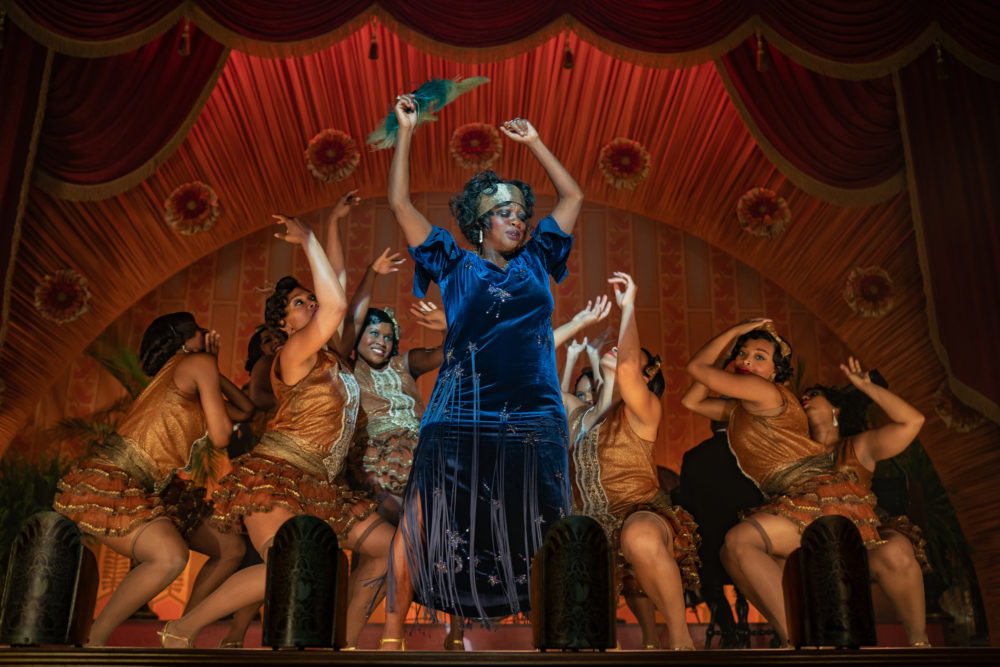
Viola Davis shared in her interview with Indie Wire, that Ma Rainey was “very big, well over 300 pounds” and while Davis gained weight for the role, she was still under 200 pounds and would need to wear a fat suit.
The fat suit, which folks have also referred to as padding, was modeled after Aretha Franklin’s body as Davis listed Ms. Franklin as a “beautiful big woman” that she admired.
Many people and Davis’ peers are praising her for her transformation, however, fat actresses exist and fat people are not costumes.
We’ve all watched interviews where Viola has shared how limiting Hollywood can be sometimes and how much she struggles to book fulfilling worthwhile roles as a dark-skinned older Black woman. The acting world provides such little opportunities for actresses like Davis and it only makes me wonder why Viola, Denzel Washington, and casting directors didn’t think to hire a dark-skinned fat actress for this role.
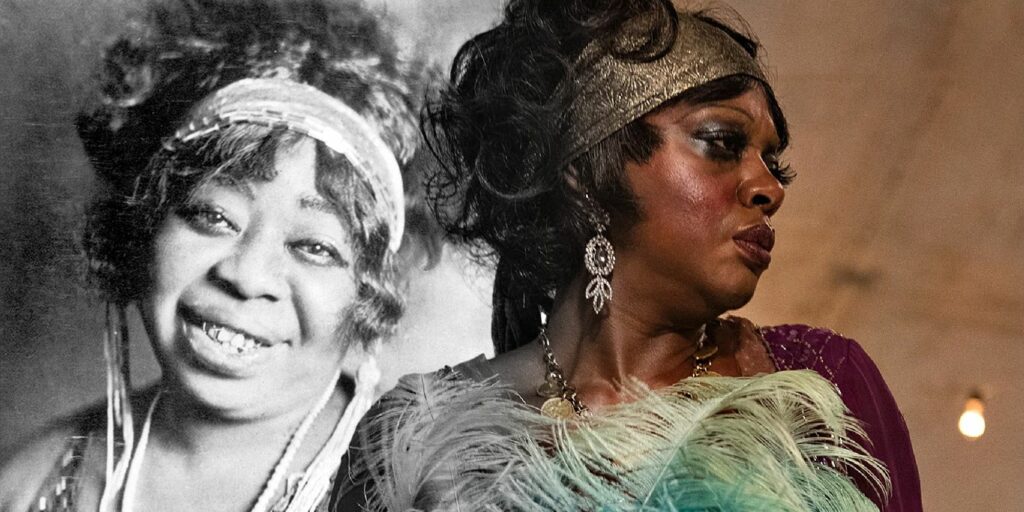
There are so many ways fat Black actresses are marginalized in Hollywood and denied opportunities. Roles such as Ma Rainey don’t come around often for fat Black actresses. In fact, these are the roles they train for, yet when the opportunity presents itself they’re snubbed— by actresses in fat suits.
I would have loved to see Danielle Brooks, a singer-actress, take on this role, or maybe even Amber Riley, Raven Goodwin, Da’Vine Joy Randolph, Octavia Spencer, Mo’Nique; or better yet this could have been a prime time to debut a fresh face.
In the year 2020, if we seek to create art with true representation that fully embraces who we are and the stories we hope to tell, we must be able to listen to those whose voices are most silenced.
The people who hold the power must be better.
We must do better and we must all share in the rage when discrimination like this happens. We can hold our legends up and revere their work while still critiquing their choices.
We offer this critique of Ma Rainey’s Black Bottom, not because we hate Viola Davis, but because we love her and we’re invested in community.
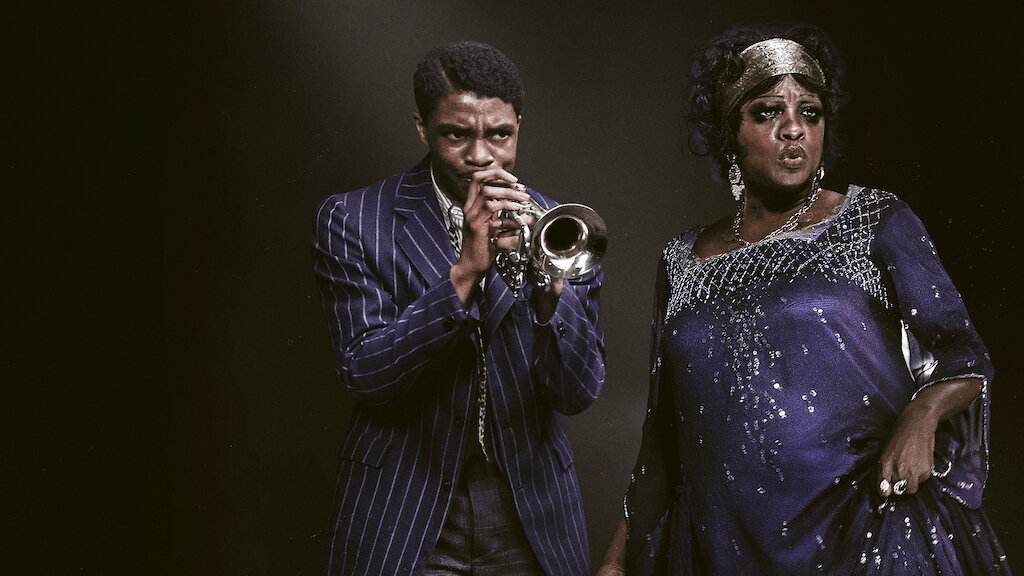
As you continue to watch this film and hold conversations with your community on this topic, my hope is for you to center fat folks’ voices, learn about the herstory of Ma Rainey, and for you to disrupt fatphobia in its tracks.
No matter how salient one’s marginalized identities are, it’s important to always be mindful of one’s privilege. We can only hope next time Davis, and actors like her, are mindful of the privileges they hold when accepting their roles and telling these stories.
Visibility is essential.
Representation truly does matter.

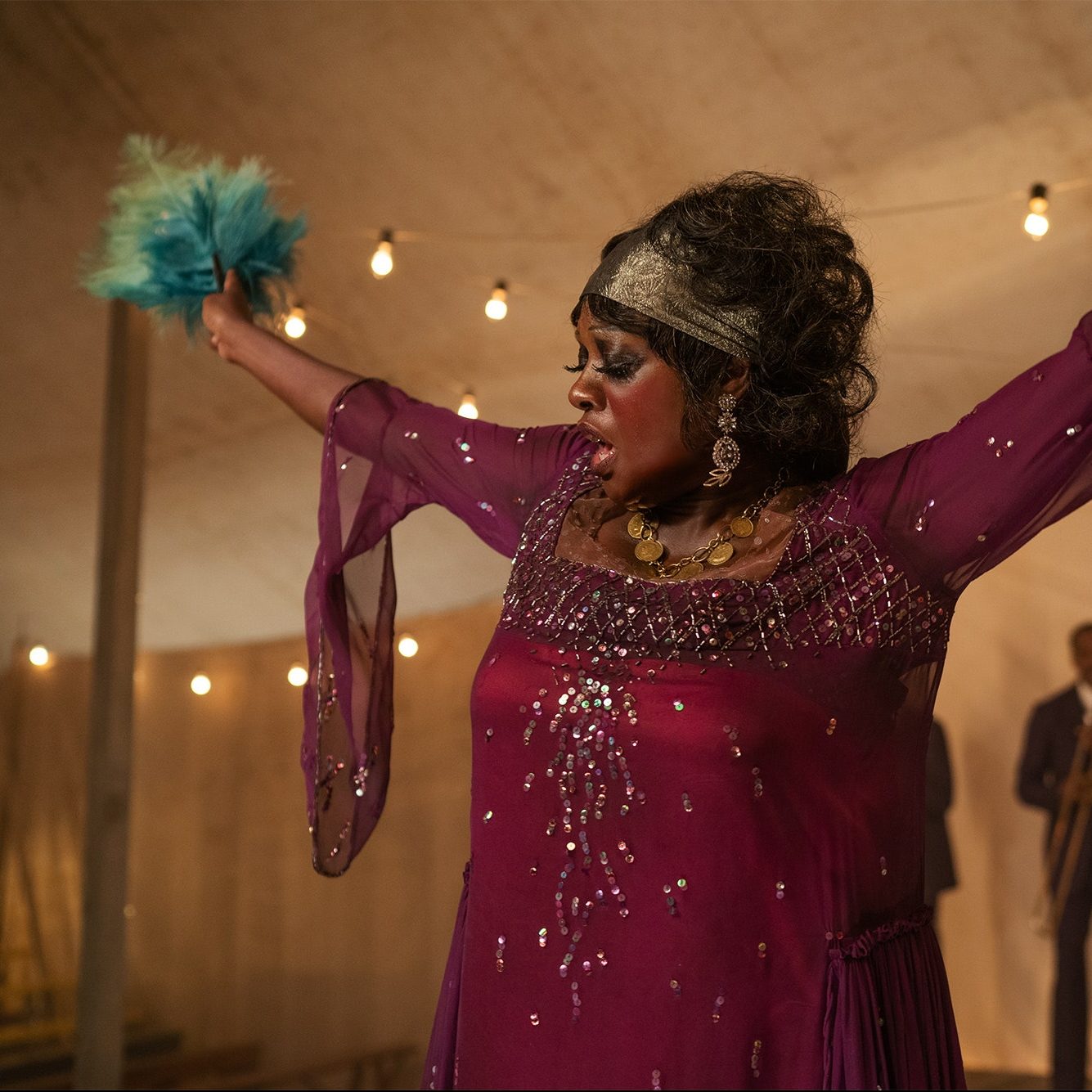
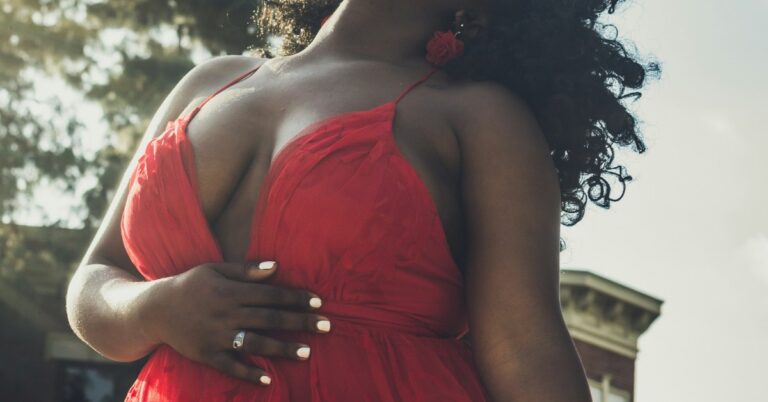
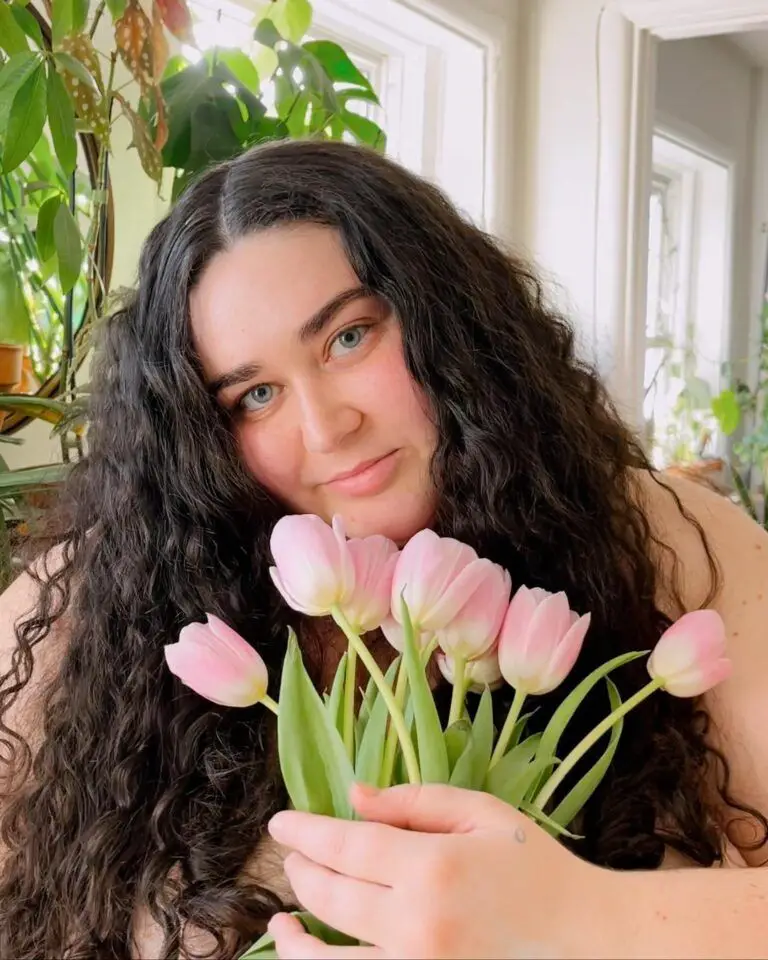
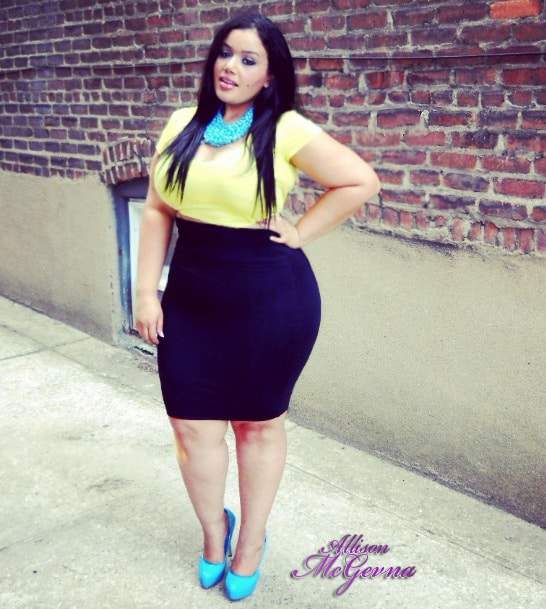
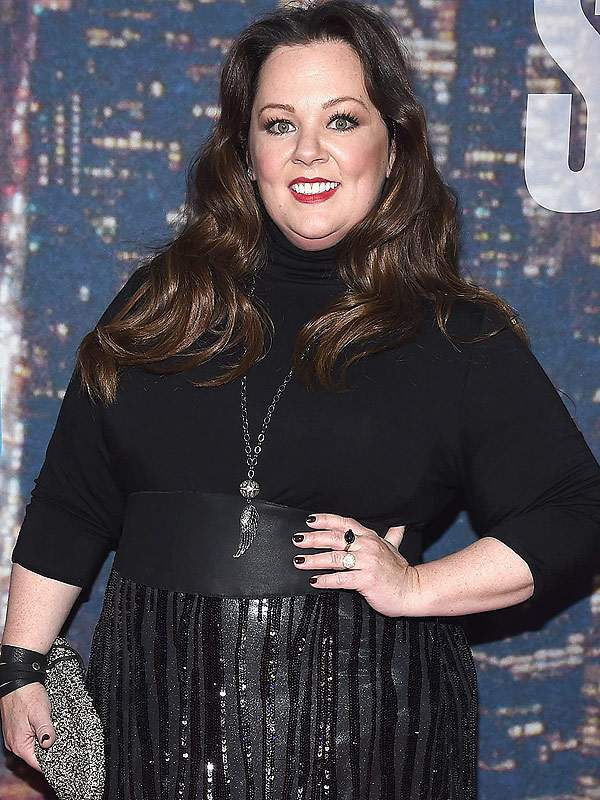
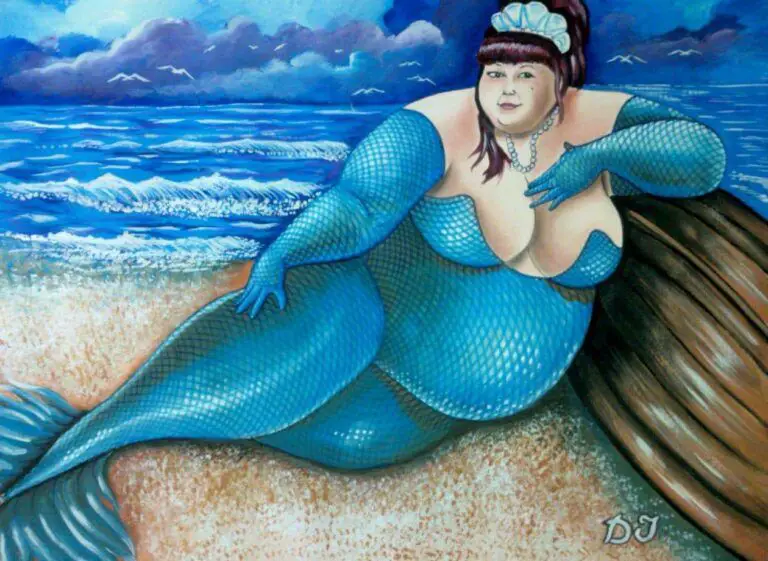
The answer is: Not only is Viola Davis one of our greatest actresses, but she sells tickets. Studios are looking for R.O.I., and buzz brings eyeballs. I.e., if Viola Davis is the star, it must be worth watching. None of the women on your list could “open a film.”
BTW, you left Gabourey Sidibe off the list.
Working with an organization dedicated to artists with disabilities, I learned an amazing phrase that I think applies here: Nothing about us without us. I think it goes for all marginalized people. I also want to acknowledge and thank the fat women of colour for their courage and strength in starting the body positivity movement (as well as feminism, anti-racism and most of the other social justice movements) you have always gone first while being the most vulnerable to violence and we are in your debt.
Absolutely! This was so beautifully said and I couldn’t agree more. Thank you for reading and thank you for your invaluable input.
I was introduced, via the musical movie BESSIE, to Ma Rainey.
Mo’nique portrayed Ma Rainey & Queen Latifah portrayed song performer, Bessie. Each actress gave a stellar performance worthy of an award. The musical success of Ma Rainey & Bessie Smith was unprecedented. They shrugged off color barriers at a time when extreme discrimination was flaunted. They not only broke through the color barriers & the color ceiling but took the musical world by it’s tail.
They were size: “Queen” and then some. They were Real Women who had curves. (size didn’t stop them).
Their attractions & affections ran to the same sex, females, but once again, it didn’t seem to hinder them.
Bessie’s musical talents were not lost on caucasian record producers. Her music was preserved for generations, as was Ma Raineys. Honestly, the show business society who used the paperbag test, for women of color, would have denied them entrance, based on the color of their skin & their size, but yet again, they set their own rules.
Ma Rainey had her own train, which in that time period, was a luxurious indulgence, but an almost necessary extravagence in the racist Deep South.
I thoroughly enjoyed Mo’nique & Queen Latifah as they performed their hearts out, sans body padding, in the movie Bessie. Au natural.
Bessie, grew up in a home ruled by fear & hunger, & as a young girl broke down barriers & became a force to be reckoned with as she created a road life. She also attempted to recreate her version of a home life, complete with child, husband, some family & even included her abuser, her sister, who still was abusive & menacing .
Queen Latifah, once again, portrayed this role beautifully, as she rode the crest of fame. Bessie left a musical legacy & lasting contribution to the blues. They broke the mold when Ma Rainey arrived & took the musical world by storm.